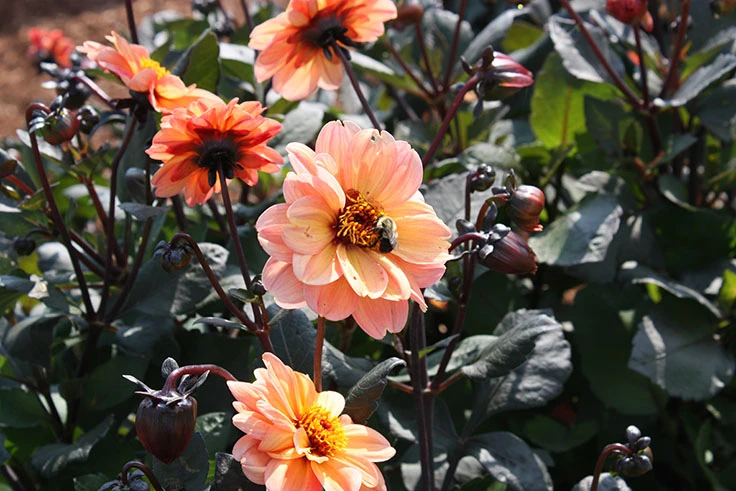
While neonicotinoid pesticides can harm honey bees, a new study by Washington State University researchers shows that the substances pose little risk to bees in real-world settings.
The team of WSU entomologists studied apiaries in urban, rural and agricultural areas in Washington state, looking at potential honey bee colony exposure to neonicotinoid insecticides from pollen foraging. The results were published in the Journal of Economic Entomology this spring.
After calculating the risk based on a “dietary no observable adverse effect concentration” – the highest experimental point before there is an adverse effect on a species – of five parts per billion, the study’s results suggest low potential for neonicotinoids to harm bee behavior or colony health.
For more information, click here.
Photo by Cassie NeidenGet curated news on YOUR industry.
Enter your email to receive our newsletters.Latest from Greenhouse Management
- Growing enlightened
- American Floral Endowment awards 17 organizations $60,700 in educational grants
- Floral businesses invited to join Society of American Florists' Petal It Forward event in October
- Bioline AgroSciences acquires Viridaxis to strengthen leadership in aphids biocontrol
- Ryley Leech joins JumpLights as vice president of sales
- Meet the Retailers' Choice Awards from 2025 Farwest Show
- Added value
- National Garden Bureau announces featured crops for 2026 'Year of the' program






